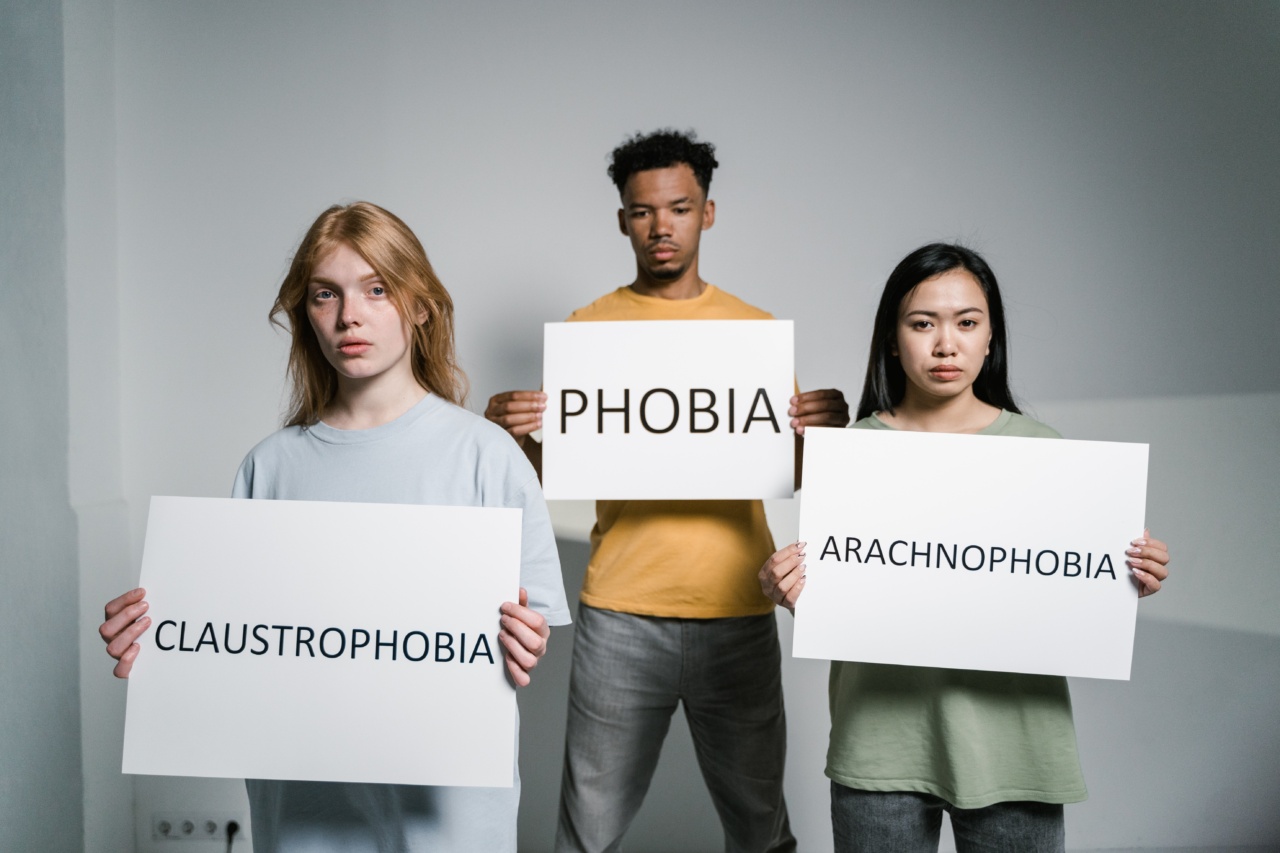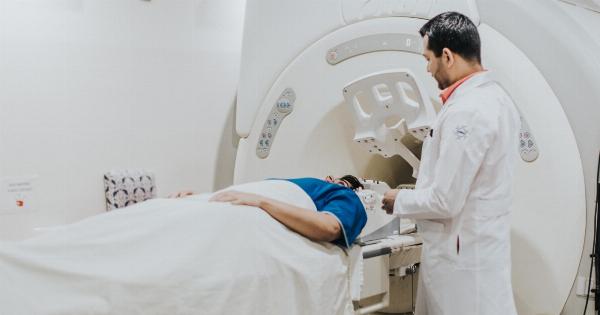Anxiety disorders are one of the most common mental illnesses, affecting millions of people worldwide.
While some degree of anxiety can be a normal part of life, anxiety disorders can significantly impair a person’s ability to function in day-to-day activities. This is why recognizing the telltale signs of anxiety disorders is crucial to seeking proper treatment and managing the condition effectively.
1. Excessive Worrying
The hallmark symptom of anxiety disorders is excessive worrying. People with anxiety disorders tend to worry about everyday things, such as work, family, health, money, and more, to an extent that is disproportionate to the situation.
They may also experience persistent fears or phobias that are difficult to control.
2. Physical Symptoms
Another common sign of anxiety disorders is experiencing physical symptoms, such as rapid heartbeat, sweating, trembling, shortness of breath, nausea, and others, without any apparent cause.
These symptoms can be very distressing and can make the person feel like they are having a heart attack or other medical emergency.
3. Avoidance Behaviors
People with anxiety disorders may also engage in avoidance behaviors, such as avoiding social situations, public speaking, traveling, or other activities that trigger their anxiety.
They may also compulsively engage in rituals or routines, such as checking things repeatedly or washing their hands excessively, in an attempt to manage their anxiety.
4. Sleep Disturbances
Difficulty sleeping is another common sign of anxiety disorders. People with anxiety disorders may have trouble falling or staying asleep, or may experience nightmares or vivid dreams that interfere with their sleep.
This can lead to daytime fatigue, irritability, and difficulty concentrating or making decisions.
5. Irrational Fears
Finally, people with anxiety disorders may experience irrational fears or phobias that interfere with their daily life.
These can include fears of specific situations, such as flying or heights, or general fears of things that are unlikely to happen, such as being attacked or getting a serious illness.
Conclusion
If you have been experiencing any of these signs, it is important to seek help from a mental health professional. Anxiety disorders can be effectively managed with a combination of medication, therapy, and lifestyle changes.
By recognizing the signs of anxiety disorders early on, you can take steps to manage your symptoms and improve your overall quality of life.





























